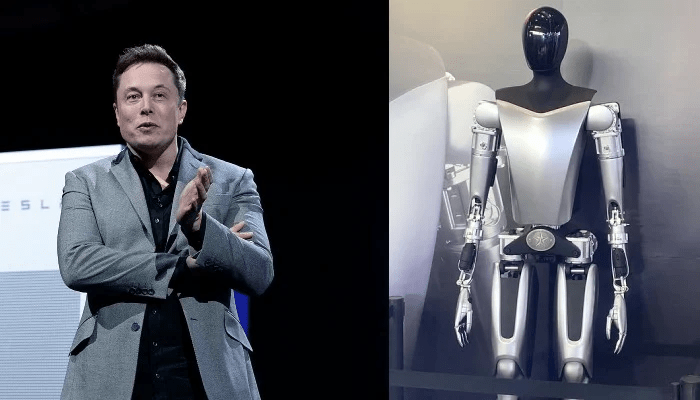
Futurist Peter Diamandis has predicted that Elon Musk's humanoid robots will replace human workers and fuel economic growth. In his recently released "Humanoid Robot Megatrends Report," Diamandis forecasts that the global robotics industry is poised for explosive growth, reaching a valuation of $24 trillion.
This rapid expansion, according to Diamandis, will be driven by the increasing ability of robots to perform tasks traditionally done by humans. Humanoid robots are expected to play a significant role in sectors such as elderly care, manufacturing, and hazardous manual labor. Additionally, robots are anticipated to revolutionize industries like logistics and agriculture.
Diamandis argues that these changes will lead to significant cost reductions and a redistribution of wealth globally.
One of the leading robots spearheading this future is Elon Musk's "Optimus." Musk has claimed that Optimus will be priced under $20,000 and capable of performing virtually any task a human can. Tesla plans to begin "limited production" of Optimus robots next year and full-scale production in 2026. Musk envisions Optimus performing a wide range of tasks, from household chores like folding laundry and cleaning to industrial tasks such as assembling machinery on factory production lines.
This optimistic outlook on the future of robotics has generated significant interest and debate. Some experts have expressed concerns about the potential job displacement caused by widespread adoption of humanoid robots. Others have raised questions about the ethical implications of creating machines capable of performing tasks that were once considered uniquely human.
As the development of humanoid robots continues, it is clear that they have the potential to reshape industries and societies around the world. However, the full impact of this technology remains to be seen.
[Copyright (c) Global Economic Times. All Rights Reserved.]






























